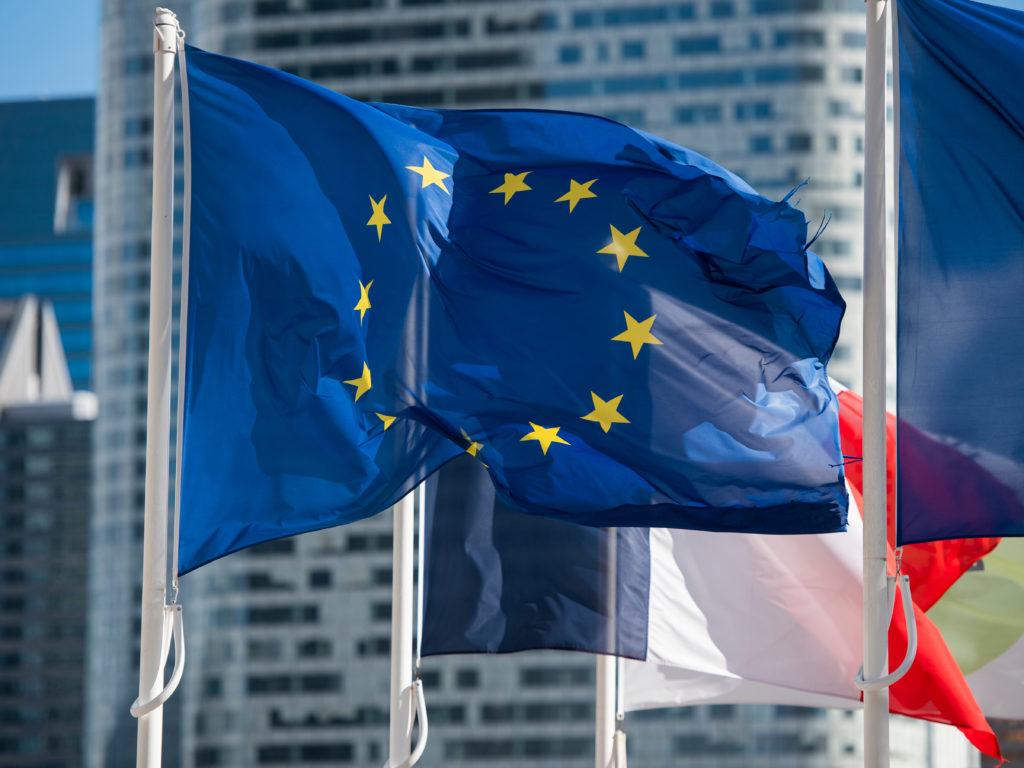
On 1 December 2020, the Council of the European Union adopted conclusions on the current challenges facing, and the future of, the European Arrest Warrant (EAW) and extradition procedure.
The Council concluded that the EAW is a key instrument in the fight against cross-border crime and terrorism. By simplifying and accelerating cross-border judicial co-operation between Member States, it has become essential to the security and safety of EU citizens. The Council also agreed that there are five areas in which improvements can be made:
- Improving national transposition and the practical application of the EAW Framework Decision;
- Supporting executing authorities in dealing with fundamental rights evaluations;
- Addressing certain aspects of the procedure in the issuing and in the executing Member State;
- Handling requests to extradite EU citizens to third countries;
- Strengthening EAW surrender procedures in times of crisis.
The fifth area for improvement was highlighted by the Covid-19 crisis which saw Member States impose a number of measures, including the closure of borders to tackle the spread of the virus. These measures had a significant impact on judicial co-operation in criminal matters and surrenders under the EAW procedure. The Council stressed that even in times of crisis, it is imperative that Member States ensure the proper functioning of judicial co-operation. In particular, the pandemic has highlighted the viability of digital solutions to practical problems and the need for prompt digitisation of cross-border judicial co-operation.
Tags: Coronavirus, European Arrest Warrant Categories: European Union



Recent Comments